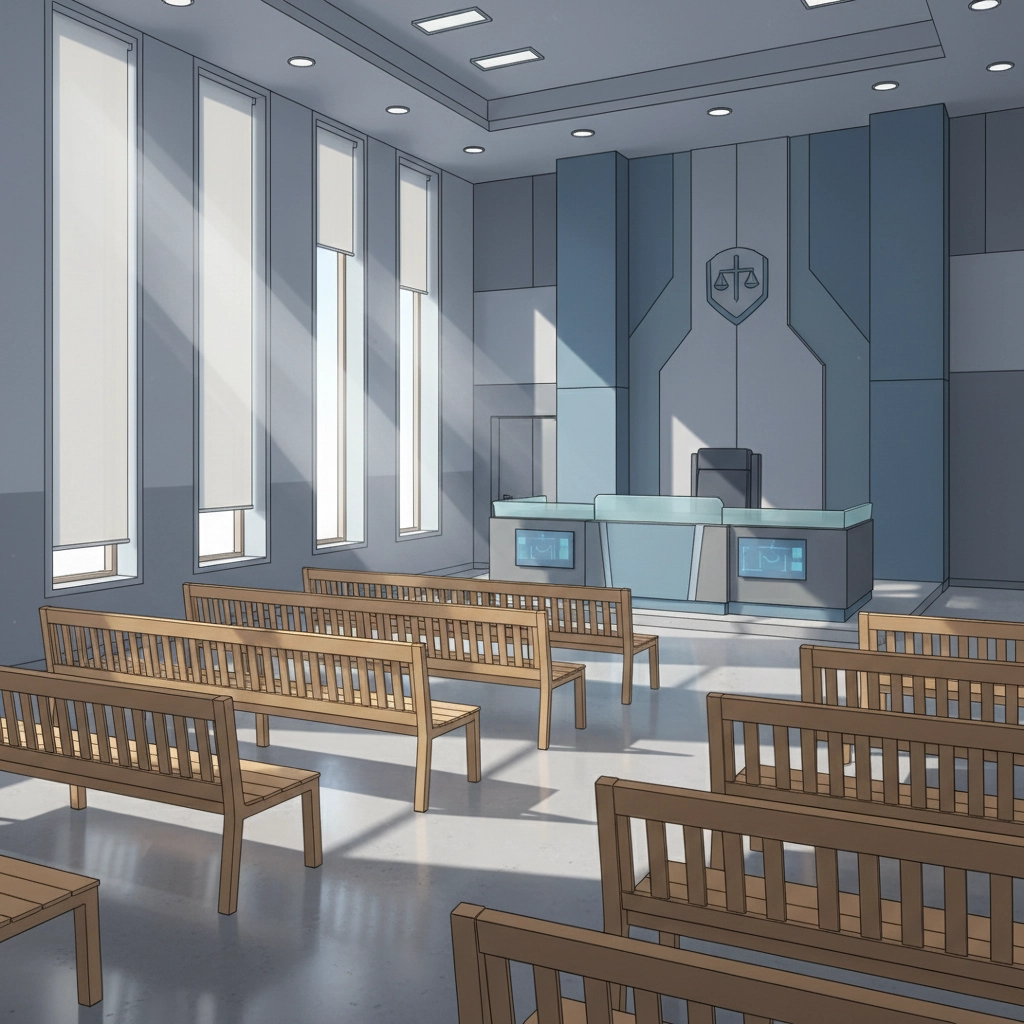Can Biological Parents Regain Custody? Your Step-by-Step Rights Restoration Guide in Virginia
- brookthibault
- Nov 4, 2025
- 5 min read
If you're a biological parent whose rights were terminated in Virginia, you may feel like all hope is lost. The good news? Virginia law provides a pathway for eligible parents to restore their parental rights and potentially regain custody of their children. While the process is complex and requires meeting specific criteria, understanding your options can be the first step toward reuniting with your child.
This comprehensive guide will walk you through Virginia's parental rights restoration process, helping you understand what's possible and what steps you need to take.
The Reality: Restoration is Possible in Virginia
Virginia is one of approximately 22 states that have enacted legislation permitting the reinstatement of parental rights after termination. Under Virginia Code Section 16.1-283.2, parents who meet specific requirements can pursue restoration through a formal legal process.
Courts typically approve reinstatement when a child wishes to be reunited with their biological parent and circumstances have significantly changed since the original termination. The key is demonstrating that you've addressed the underlying issues that led to the initial loss of your parental rights.

Understanding Who Can File the Petition
Here's something crucial that many parents don't realize: you cannot directly petition for restoration of your parental rights yourself. Instead, specific parties with legitimate legal interest must file on your behalf:
For children 14 years old or older:
The local board of social services
The child's guardian ad litem
For children younger than 14:
The child's guardian ad litem AND the local department of social services (jointly)
If the child is a sibling of another child for whom a restoration petition has already been filed and meets all other criteria
This system ensures that someone advocating for your child's best interests is involved in the decision-making process from the beginning.
Essential Eligibility Requirements
Before any petition can be filed, you must meet several non-negotiable requirements:
Consent Requirements
Both you and your child (if 14 or older) must consent to the restoration of parental rights. This mutual agreement demonstrates that both parties are committed to rebuilding the parent-child relationship.
Child's Legal History
Your child must have been previously adjudicated as one of the following:
An abused or neglected child
A child in need of services
A child in need of supervision
A delinquent child
Permanency Status
The child cannot have achieved permanent placement through adoption or other means. If a permanency goal was previously achieved, it must not have been sustained, or the child has not yet achieved a permanency goal.
Two-Year Waiting Period
Your parental rights must have been terminated at least two years before the petition is filed. However, there's an important exception: the court may accept a petition before the two-year period expires if your child will turn 18 before that deadline and the court determines restoration is in the child's best interest.

The Two-Phase Restoration Process
Virginia courts use a careful, two-hearing approach to ensure that restoration truly serves everyone's best interests:
Phase 1: Temporary Restoration Hearing
At the first hearing, you must present clear evidence demonstrating your capability to care for your child. The court will evaluate whether your evidence is substantial and whether restoration would be in your child's best interest.
What you need to prove:
You have the ability to provide a safe, stable home
You've addressed the issues that originally led to termination
You're committed to your child's wellbeing
You have the resources and support systems necessary for successful parenting
If the court finds in your favor, it may grant temporary restoration of your parental rights. Following this decision, local social services typically becomes involved to supervise and evaluate your parenting during a probationary period.
Phase 2: Permanent Restoration Hearing
Approximately six months after the first hearing, the court conducts a second hearing to determine whether your parental rights should be permanently restored.
The court considers:
Social services evaluation and report covering the six-month supervision period
Whether you consent to permanently take full custody
Evidence that you've remedied the original reasons for termination
Your child's age and stated preferences
Your child's health and safety under your potential custody
Any other material circumstances or changes
If you've demonstrated consistent, capable parenting during the supervised period and maintained your child's safety and wellbeing, the court should grant permanent restoration.

After Restoration: The Path to Custody
Here's a critical distinction many parents miss: restoration of parental rights and regaining physical custody are separate legal processes.
Once your parental rights are restored, you gain the legal standing to file a petition for custody of your child. This is when you formally request that your child be placed in your physical care. The restoration process establishes your legal relationship; the custody petition determines where your child will live.
Maximizing Your Chances of Success
Document Your Progress
Keep detailed records of how you've addressed the issues that led to the original termination:
Completion of required programs (substance abuse treatment, parenting classes, therapy)
Employment stability and financial improvements
Housing stability
Support system development
Maintain Consistent Contact
If permitted, maintain regular, appropriate contact with your child throughout the process. This demonstrates your ongoing commitment and helps preserve your relationship.
Work Collaboratively
Approach social services, guardians ad litem, and other involved parties as partners rather than adversaries. Show that you're committed to working within the system for your child's benefit.
Address Underlying Issues Thoroughly
Don't just complete minimum requirements: demonstrate genuine change and growth. Courts want to see that you've not only addressed surface issues but have made lasting improvements to your life and parenting abilities.

Common Challenges and How to Overcome Them
Challenge: Building Trust with the System
After previous involvement with child protective services, rebuilding trust can be difficult. Focus on consistency, transparency, and following through on all commitments.
Challenge: Your Child's Hesitation
If your child is older, they may have conflicted feelings about restoration. Respect their feelings while demonstrating through actions that you've changed.
Challenge: Extended Family Dynamics
Sometimes extended family members or caregivers may resist restoration efforts. Focus on what's best for your child and maintain professionalism in all interactions.
When to Seek Professional Help
Given the complexity of Virginia's restoration process and the high stakes involved, consulting with an experienced family law attorney is strongly recommended. An attorney can:
Evaluate whether you meet eligibility requirements
Work with social services and guardians ad litem to facilitate petitions
Help you prepare compelling evidence for hearings
Guide you through both restoration and subsequent custody proceedings
Advocate for your interests while keeping your child's best interests at the forefront
Your Path Forward
Regaining custody after parental rights termination is challenging, but Virginia law recognizes that families can heal and change. The key is approaching this process with patience, dedication, and a genuine commitment to providing the safe, loving home your child deserves.
Remember that this journey requires more than just meeting legal requirements: it's about demonstrating real, lasting change that benefits both you and your child. Every step you take toward becoming a better parent, even before formal restoration begins, is an investment in your family's future.
If you're considering pursuing restoration of your parental rights in Virginia, don't navigate this complex process alone. At Coastal Virginia Law, we understand the emotional weight of these situations and are here to help you explore your options. Contact us today for a consultation to discuss your specific circumstances and learn how we can support you on this important journey.


Comments